My goal in each of my classes is to create a learning environment where students feel challenged, respected, and excited. I work hard to define my expectations of the students at the start of class, for each assignment, as well as what they can expect from me: respect and assistance. I incorporate research methods into class, challenging the students to create hypotheses and accept that you often learn more when you were wrong the first time. I create an atmosphere where students are comfortable challenging themselves, learning from their mistakes, and from others’ feedback.
The below courses were taught at Colorado College as part of the Environmental Studies Program (2014 – 2022). All courses at CC are taught on the block plan – an intensive, three and a half week, approach to undergraduate education. This immersive approach allows for the incorporation of field and laboratory approaches, even in “lecture only” courses. While the block is not for everyone, at its best it forces us all out of our comfort zone (focus on content) to shift learning outcomes to the application of knowledge (tools/approaches) to societally relevant problems.
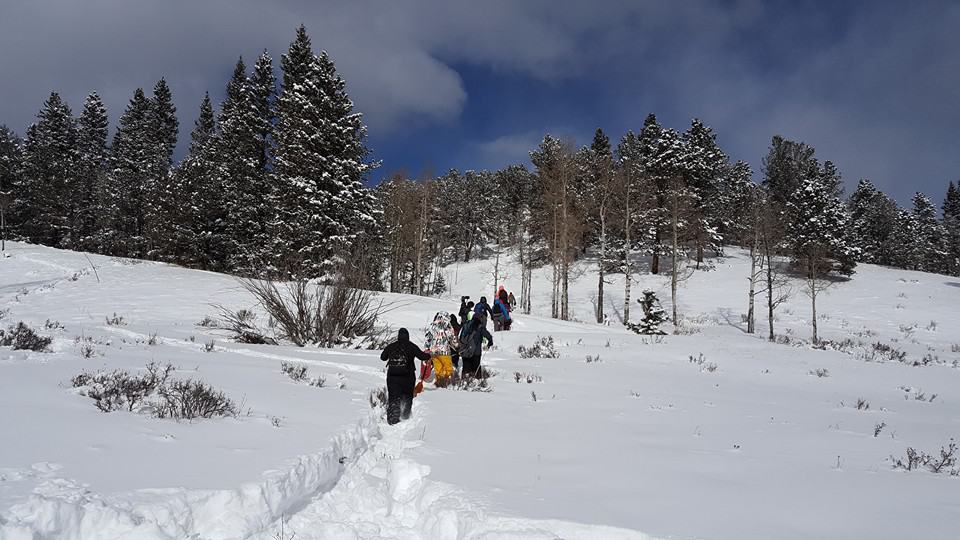
Intro to Global Climate Change
The goal of this course is to give students a solid, scientific understanding of how the climate system operates and how and why climate change occurs. Students will learn about climate from a whole-earth point of view that takes into account interactions between the atmosphere, terrestrial biosphere, cryosphere, and oceans.
Example Syllabus: Fall 2019 EV128 Syllabus
Related Blog Posts:
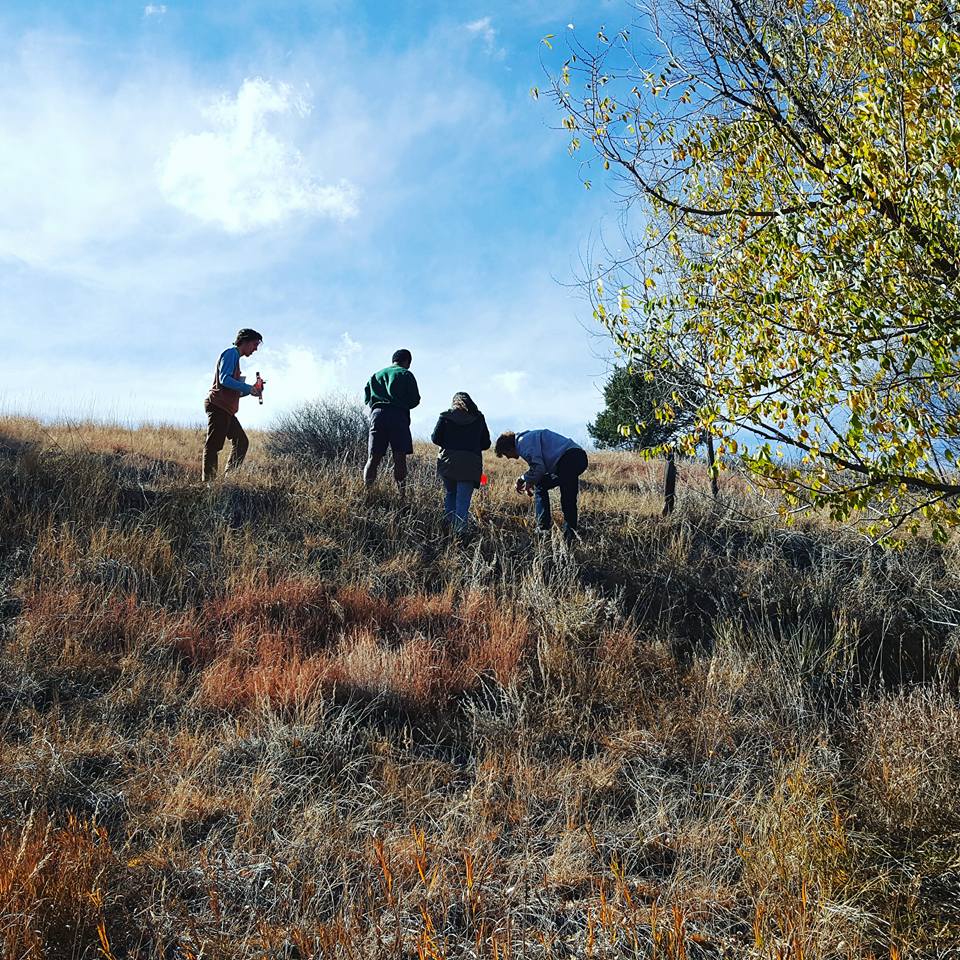
Human Impacts on Global Biogeochemical Cycles
This course explores the large biogeochemical cycles of our planet, focusing on nitrogen, carbon, and water. By the end of the block students should know how they work (i.e. the chemical, biological, and geological mechanisms that drive them) and how humans have altered them. We will explore this intersection primarily through several case studies via multiple methods, using peer reviewed literature and modeling approaches.
Example Syllabus: Fall 2018 EV211 Syllabus
Related Blog Posts:
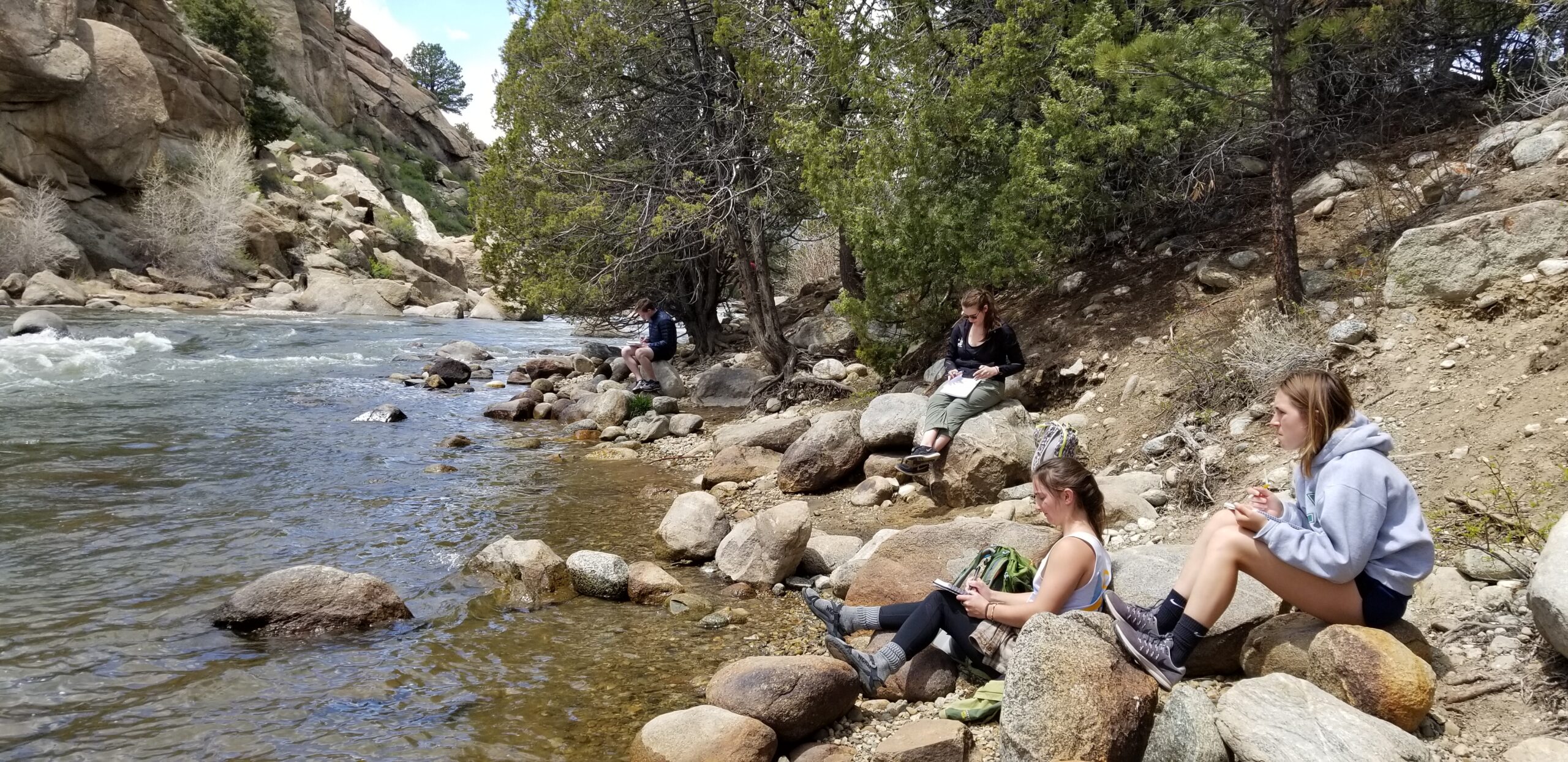
Hydrology
This course provides a quantitative, process-based understanding of hydrologic processes in the context of watersheds, using data analysis and statistics. In addition, the course introduces the very real water resource challenges locally, regionally, and globally using the lens of ecosystem services.
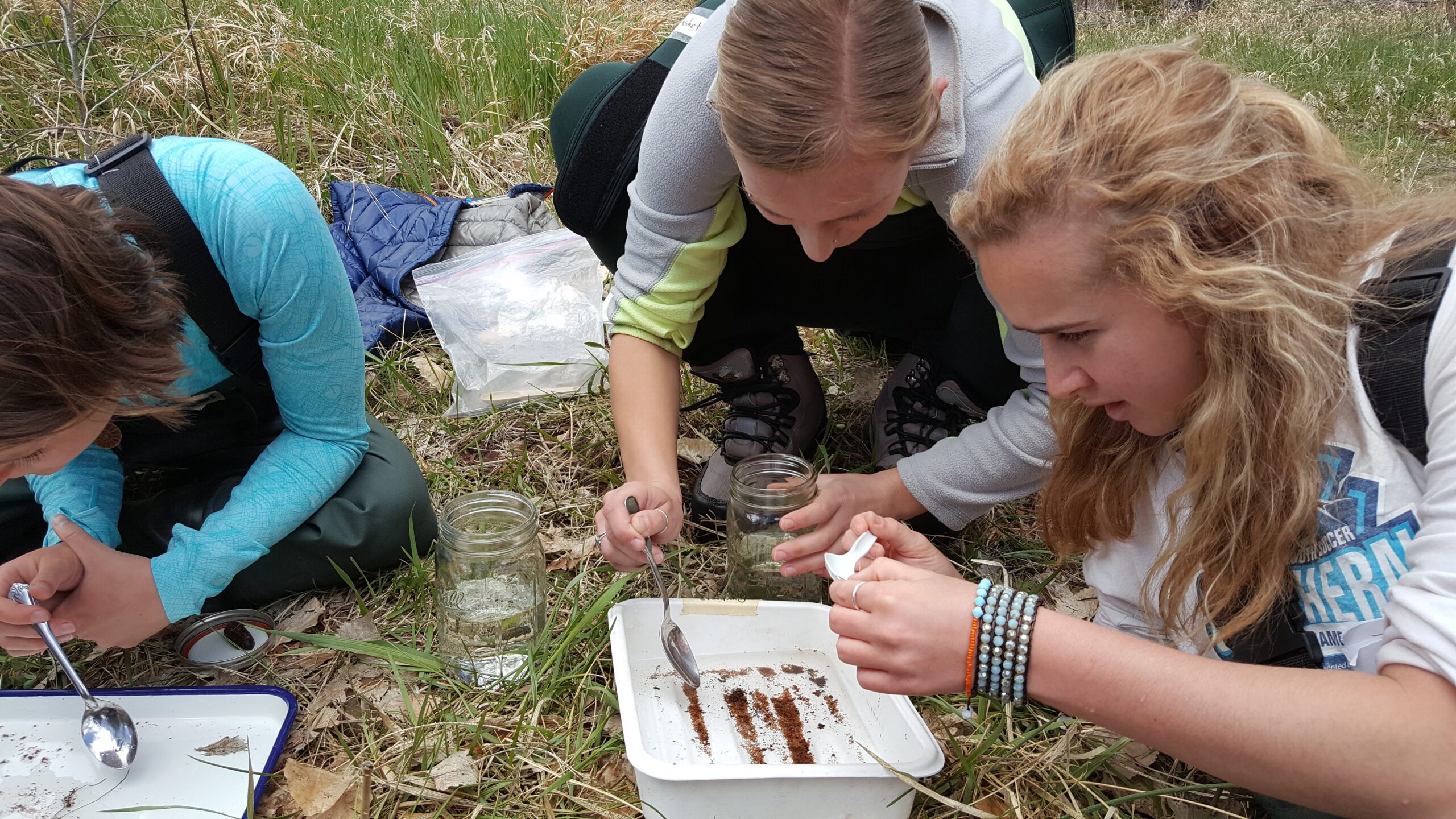
Stream Ecology
This course examines the interactions between the physiochemical and biotic components of lotic ecosystems. Streams and rivers provide an excellent setting to think about ecological concepts around disturbance and connectivity. We will examine how the geology of a region controls stream habitat quality and in turn the stream community (algae, macroinvertebrates, fish), in addition to nutrient cycling.
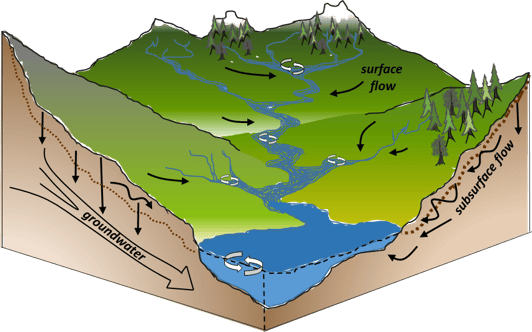
Watershed Biogeochemistry
This course provides an introduction to the hydrologic cycle in the context of watersheds. We will discuss the major components of the hydrologic cycle as well as how water interacts with the ecosystem to effect biogeochemical cycling. These ideas will be explored by qualitatively through reading peer reviewed literature and quantitatively using data analysis, statistics, and GIS.
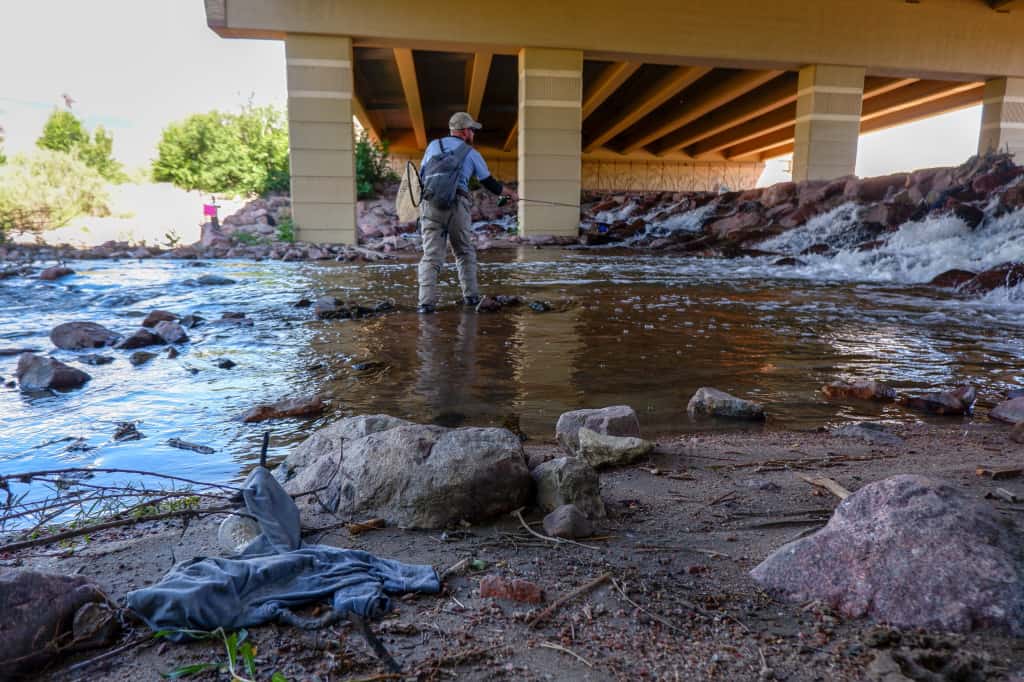
Urban River Restoration
This class represents the capstone for majors in our program. As such, it is intended to empower students to continue developing skills and insights within the major and leverage those gained in previous courses and experiences. We will invoke our diverse expertise for the benefit of others-in this case, the City of Colorado Springs as we collectively examine the issue of urban waterway revitalization.
